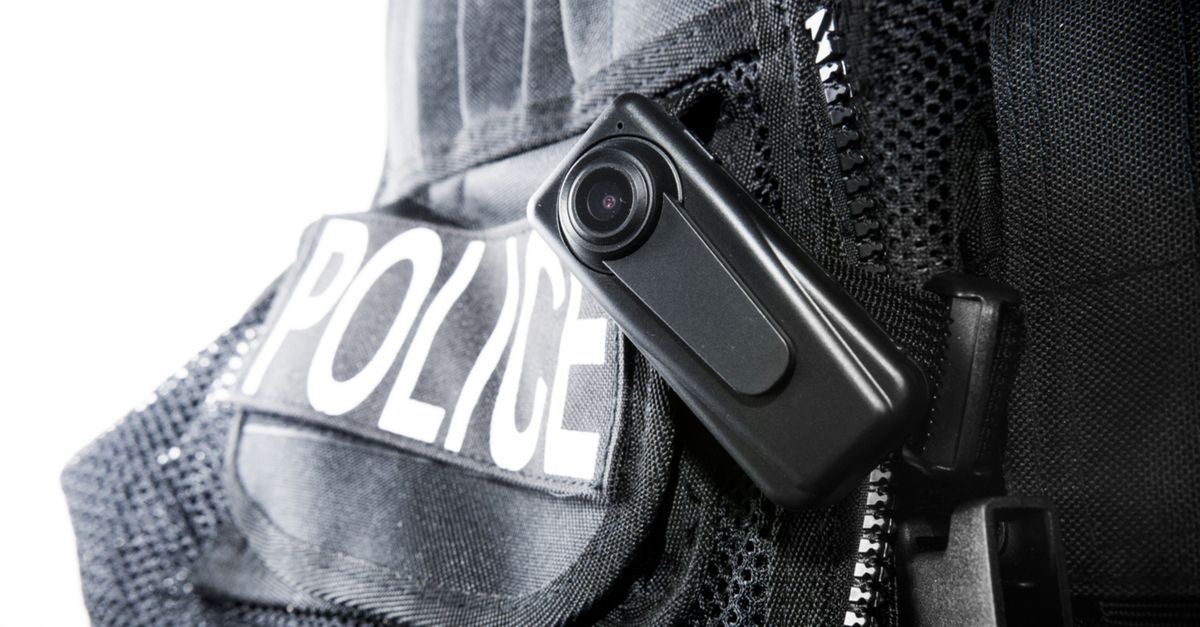On 12 January 2017, an ACLU representative reiterated the organization's support for a law prohibiting the use of police body cameras to film First Amendment-related activity in Washington, D.C.
The ACLU demanded that police turn off their body cams during inaugural protests in 2017.
On 15 January 2016, the web site LawOfficer.com published a blog post claiming the American Civil Liberties Union demanded that police in Washington, D.C. switch off their body cameras for the duration of inauguration-related protests in January 2017:
Civil rights groups are concerned that the police will violate their rights during the Inauguration protests so they intend to record their behavior. Meanwhile, the ACLU is demanding that the police turn off their body worn cameras during the events ... Ironically, at the same time the ACLU demands that the police not record their activities, they have launched a new app called “Mobile Justice” that encourages others to record law enforcement.
No explanation for why the ACLU might make such demands was included with the article. We contacted the ACLU for further information, who directed us to a blog post detailing their position. Restrictions on police body cameras during inauguration protests are dictated by law [PDF] and not by any demands on the part of the organization.
Per the "Body-Worn Program Regulations Amendment Act of 2015":
MPD officers may record First Amendment assemblies for the purpose of documenting violations of law and police actions, as an aid to future coordination and deployment of law enforcement units, and for training purposes; provided, that recording First Amendment assemblies shall not be conducted for the purpose of identifying and recording the presence of individual participants who are not engaged in unlawful conduct.
In a 12 January 2017 news report, ACLU regional representative Monica Hopkins-Maxwell explained that the organization was concerned with individual privacy during planned, peaceful inauguration protests:
Those cameras shouldn't be on. The police shouldn't be allowed to surveil first amendment activity. Our concern around the availability of body cameras, what is done with that data, who looks at that data, what that data is used for?
It appeared that Hopkins-Maxwell's appearance in the news outlet's 12 January 2017 segment was interpreted by LawOfficer.com as an "ACLU demand." But as the ACLU clarified, Hopkins-Maxwell was explaining the organization's position on body camera use during First Amendment-related activity, and was not requesting that any new actions be taken.

